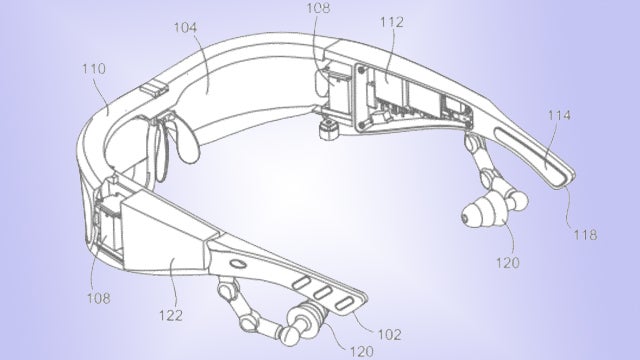Microsoft sinks $150m in virtual reality IP

Microsoft has invested up to $150 million in intellectual property assets in augmented reality and wearable technology from Osterhout Design Group (ODG).
ODG is a company that develops wearable tech devices and other headworn computers, currently mostly made for the military and other government organisations.
According to a report from TechCrunch, Microsoft has invested between $100 – $150 million (£60 – £90 million) in ODG intellectual property rather than purchasing the company outright.
Apparently Ralph Osterhout, founder and head of ODG has confirmed the deal, but wouldn’t disclose any details of the transaction. ODG will remain a separate company from Microsoft though.
ODG is already working on new head-mounted devices based on patents that have not been acquired by Microsoft, although the government will continue to be the company’s primary customer.
“In terms of what we’re doing [at ODG], we don’t make weapons. We make things that can help people do their jobs,” said Osterhout. “The real focus are features that are applicable in the consumer space too.”
The deal apparently closed last November, with Microsoft gaining the ODG patents in January this year.
There have been several rumours that Microsoft is working on its own Oculus Rift rivalling virtual reality headset, and now it has multiple patents that would allow it to do so.
Earlier this month, “people familiar with the project” said Microsoft is actively developing virtual reality hardware at the moment with the codename “Fortaleza”.
Similar to the recently announced Sony Project Morpheus VR headset for the PS4, Microsoft’s offerings could work with the Xbox One as well as PCs.
One of the patents Microsoft has now acquired even shows a virtual reality headset working in conjunction with a smartwatch style device.
The leading virtual reality headset, the Oculus Rift, has just been acquired in a takeover buyout by Facebook, which has caused much outrage in the gaming community.
Read more: Oculus Rift vs Project Morpheus – VR Tech Compared

